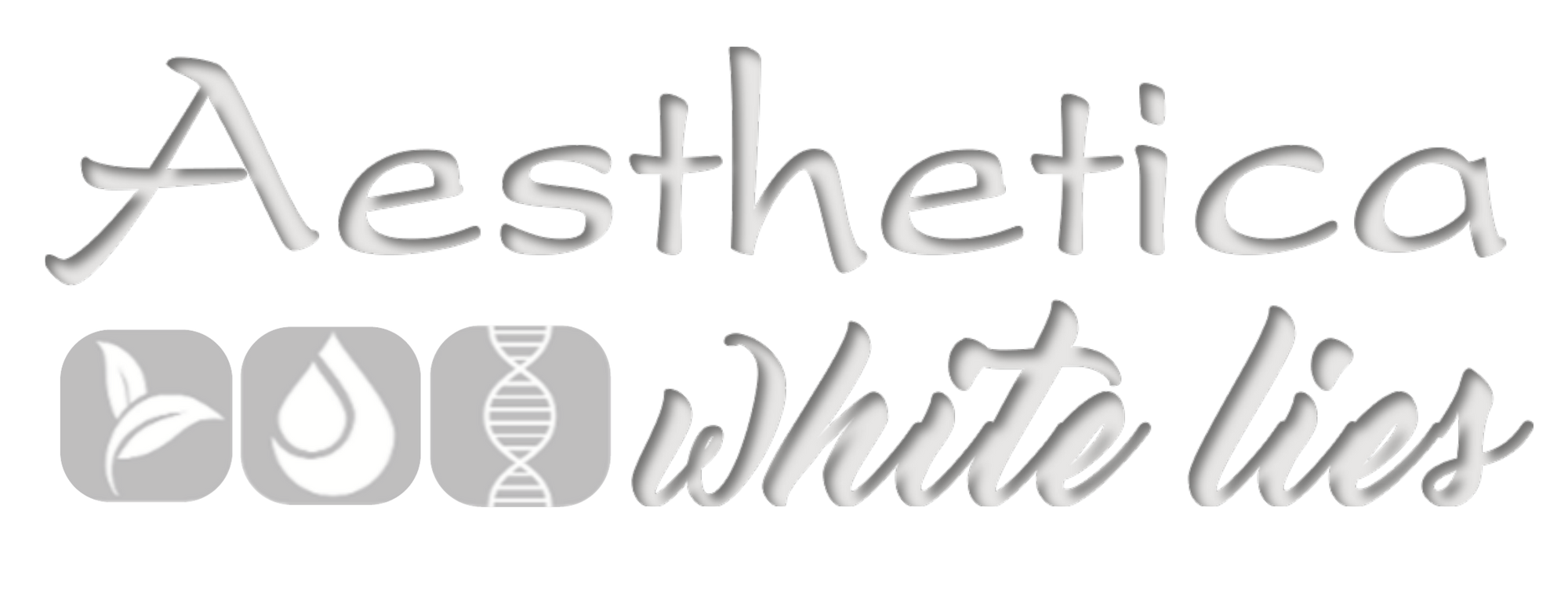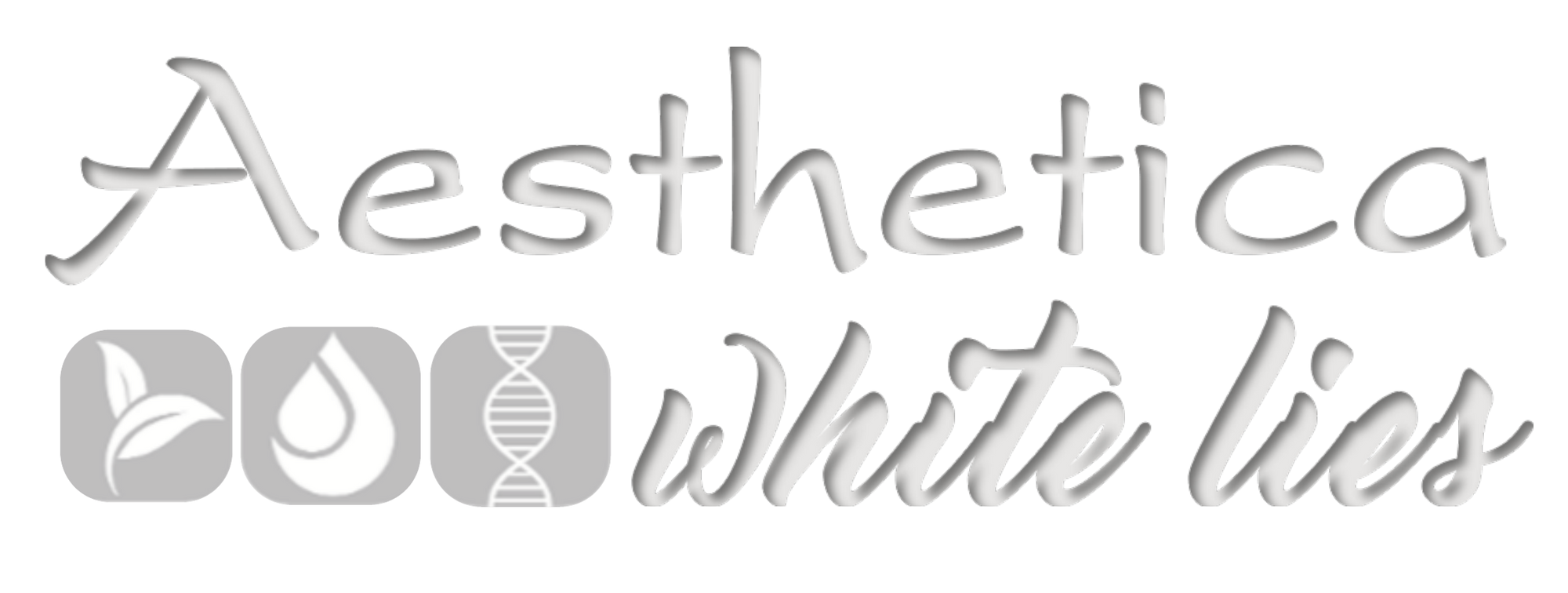A thread-lift, also known as feather lift surgery, is a delicate cosmetic surgery procedure to gently, lift sagging skin to produce a smoother, more youthful appearance. If gravity has started to take its toll on your body, a thread lift may be a less invasive alternative to surgery lift to rejuvenate the body without the risks and downtime associated with surgery. The thread-lift procedure involves very fine surgical sutures being inserted into the soft tissue of the body to lift and support sagging areas. It cannot offer the same results as original surgery but is a good option for a more subtle natural look. At Aesthetica Skin Centre, Dr Bianca Cowan uses the Aptos wire, a wire tool with a straight needle. With the wire tool method, it is possible to pass the needle through hypodermic tissues on a closed contour without skin incisions. The technique can be used in general plastic and aesthetic surgery. Aptos wire method removes wrinkles and folds atrophic; indrawn scars from the face and body, as well as unevenness of the skin and subcutaneous tissues, resulted from unsuccessful liposuction. The manipulation is carried out without incisions, only through pin punctures, without any filler, using a specially designed device.
References:
Centenero, S.A., Stevens, M.R., & Ghasemi, S. (2020). Thread lift. Retrieved from: https://www.researchgate.net/publication/341452606_Thread_lift
Mercik, G. (2013). PDO thread lift: An innovative new treatment in non-surgical cosmetic medicine. Journal of Clinical & Experimental Dermatology Research. https://www.longdom.org/proceedings/pdo-thread-lift-an-innovative-new-treatment-in-non-surgical-cosmetic-medicine-1457.html
Tang et al. (2018). An innovative thread-lift technique for facial rejuvenation and complication management. Medicine, 97(21). https://journals.lww.com/md-journal/Fulltext/2018/05250/An_innovative_thread_lift_technique_for_facial.7.aspx
Collections: Facial Procedures
Category: Age Repair Prevent, Anti Ageing, Facial Contouring, Facial Lift Procedure, Wrinkles

